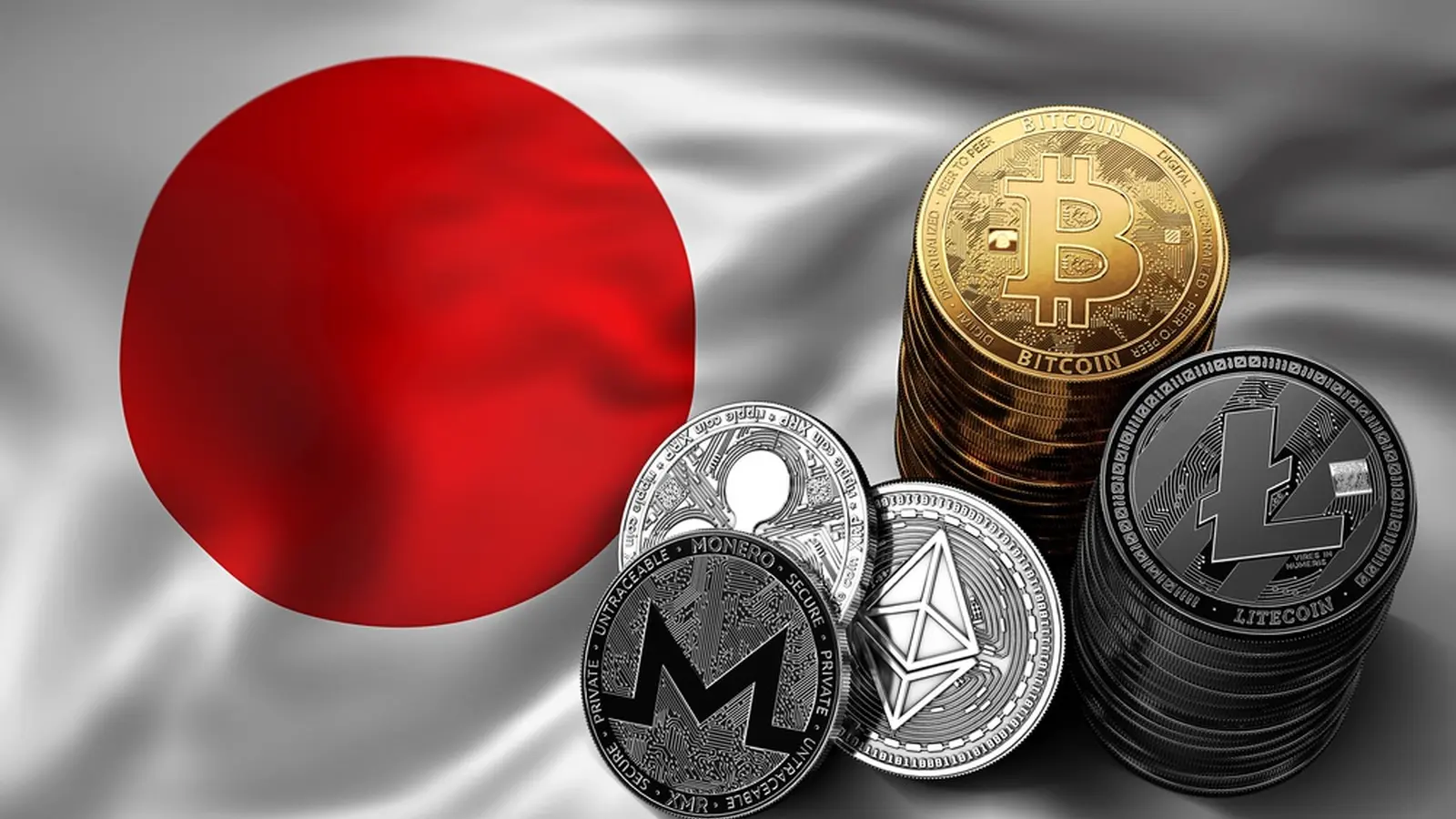4 Minutes
Japan Exchange Group signals tighter scrutiny of crypto treasuries
Japan Exchange Group Inc. (JPX), the operator of the Tokyo Stock Exchange, is considering stronger oversight of publicly listed companies that accumulate digital assets as corporate treasuries. Officials inside the exchange are reportedly discussing new audit requirements and more stringent disclosure rules amid worries that retail investors may be exposed to outsized volatility from crypto-linked equities.
Why JPX is re-evaluating listed firms holding crypto
Recent months have seen sharp reversals in the share prices of several Japanese companies that adopted crypto-heavy treasury strategies. Publicly traded firms like Metaplanet Inc. and Convano Inc. grabbed headlines for building large Bitcoin positions, but both have experienced steep sell-offs as market sentiment cooled. Metaplanet, once the largest public Bitcoin holder in Japan, fell more than 70% from a June peak after months of aggressive accumulation, while Convano — a nail salon chain that announced plans to buy tens of thousands of BTC — has seen its stock decline by roughly 60% since late August.
An insider at JPX told Bloomberg that the exchange may ask such issuers to undergo fresh auditing procedures and to enhance disclosures about their crypto exposures. Those measures are still under internal consideration and have not been finalized, but the stated objective is clear: protect investors and ensure listed companies remain aligned with their declared business models rather than morph into de facto digital asset funds.

Potential regulatory steps under discussion
Among the possible actions being considered are:
- Mandatory, targeted audits for companies with significant crypto reserves
- Stricter disclosure standards detailing holdings, valuation methods, custody arrangements, and governance
- Limits or conditional restrictions on fundraising if a firm’s core business shifts toward crypto accumulation
JPX is also examining how to tighten rules around backdoor listings — transactions where a private company becomes public by merging with or acquiring an existing listed entity. Although such listings are already restricted under existing rules, the exchange is reviewing whether additional safeguards are necessary for companies pursuing a crypto treasury strategy through these routes.
Local and regional context: similar moves across Asia
Japan is not alone in reining in crypto treasury pivots. Regulators and exchanges across Asia have recently pushed back on firms that try to change their core business to focus on digital asset hoarding. In Hong Kong, exchanges reportedly blocked multiple companies seeking to transform into crypto-holding entities. In India, the Bombay Stock Exchange rejected a proposal from Jetking Infotrain to invest proceeds from a share issue into cryptocurrencies.
These moves reflect broader concerns about governance, disclosure transparency, and investor protection as more corporates experiment with Bitcoin and other tokens as treasury assets. For investors tracking blockchain and crypto stocks, the emerging trend underscores the importance of scrutinizing balance-sheet crypto positions, custody arrangements, and the governance framework around large token allocations.
Market implications and what to watch next
If JPX adopts formal policies, the immediate consequences could include delayed fundraising, suspended plans for further crypto accumulation, and increased volatility in affected stocks. Companies that rely on crypto exposure as their primary value proposition may face pressure to clarify their activities or pivot back to their traditional business descriptions.
Market participants should watch for formal announcements from JPX, updated disclosure guidelines, and any enforcement actions. For crypto investors, the episode highlights that while corporate Bitcoin treasuries can amplify gains during bull markets, they also introduce concentrated risk tied to BTC price swings and regulatory shifts.
As the debate continues, the balance JPX seeks—between fostering innovation and protecting retail investors—will be a key bellwether for how other exchanges and regulators in Asia approach public companies that build large token reserves.
Source: crypto
Comments
Tomas
Feels overcooked, regulation by panic. Disclosure makes sense, but dont strangle legit crypto plays, balance pls.
coinpilot
Is JPX for real on this? Seems like a knee jerk move after a few dumps, will it actually protect retail tho... feels messy


Leave a Comment